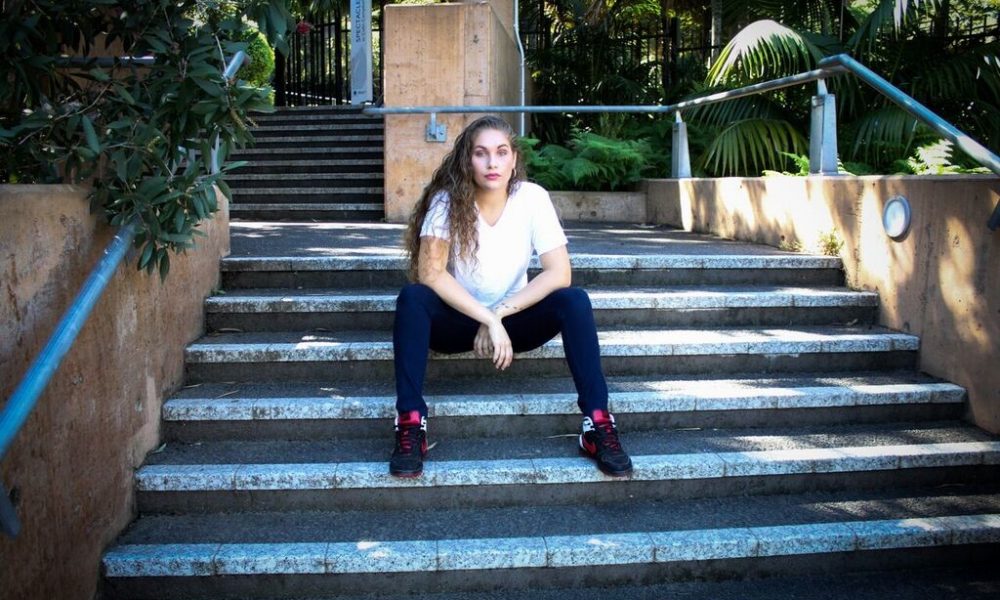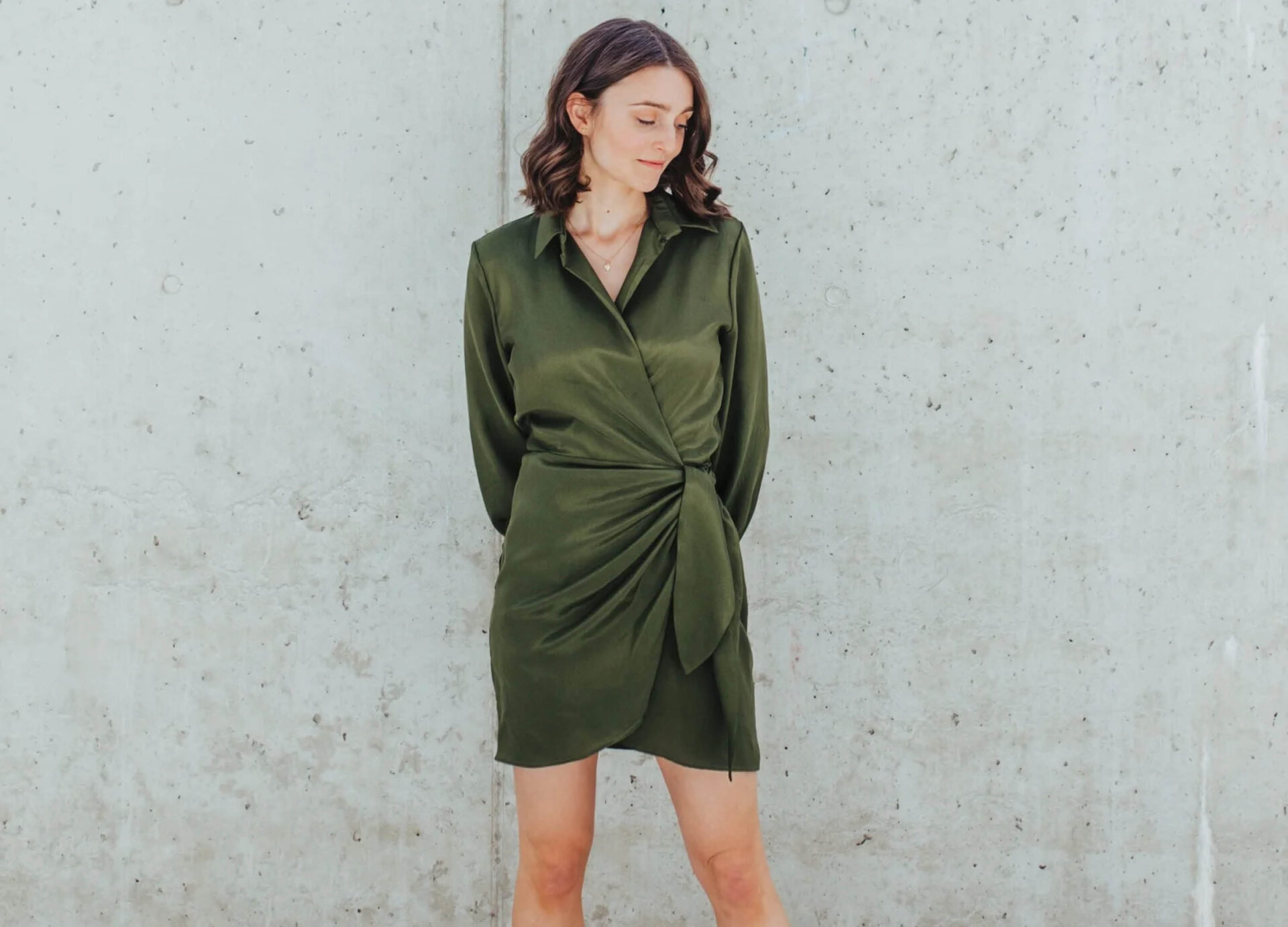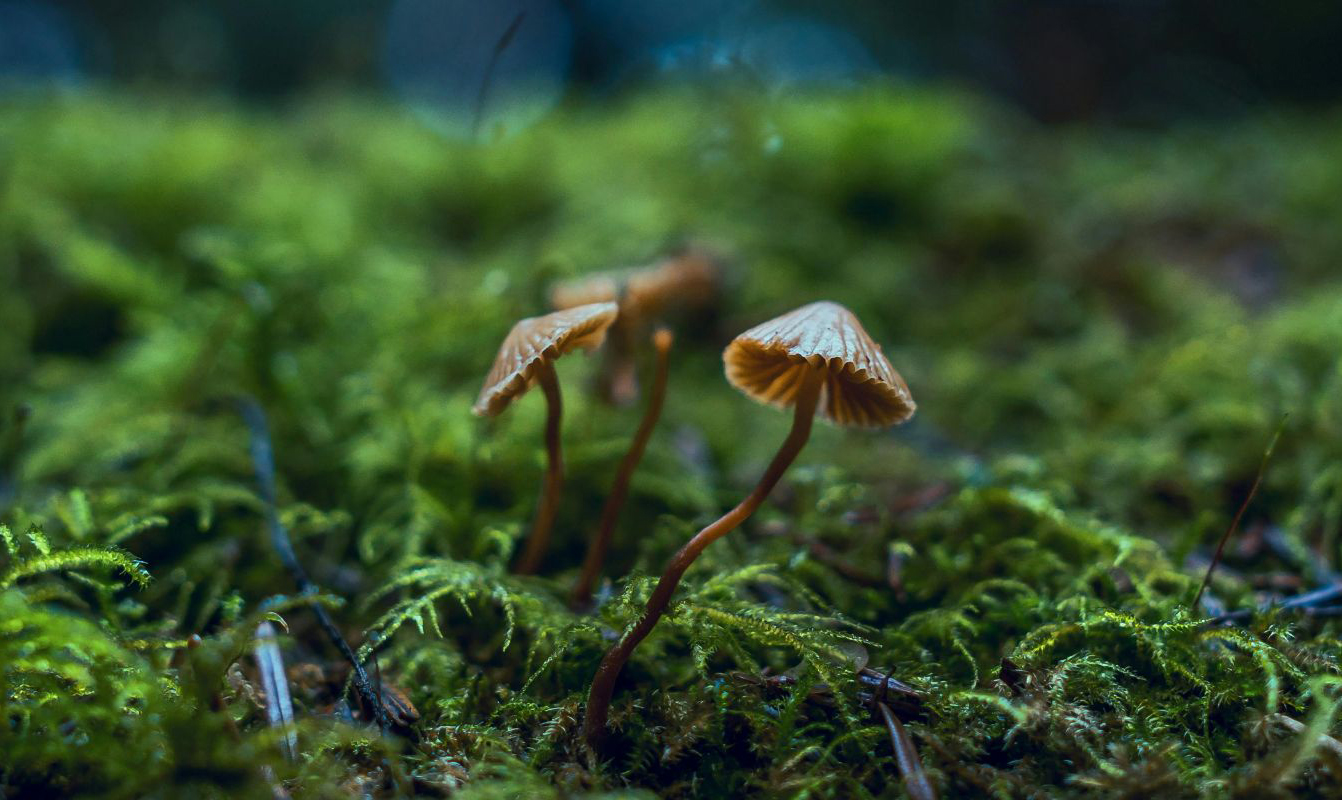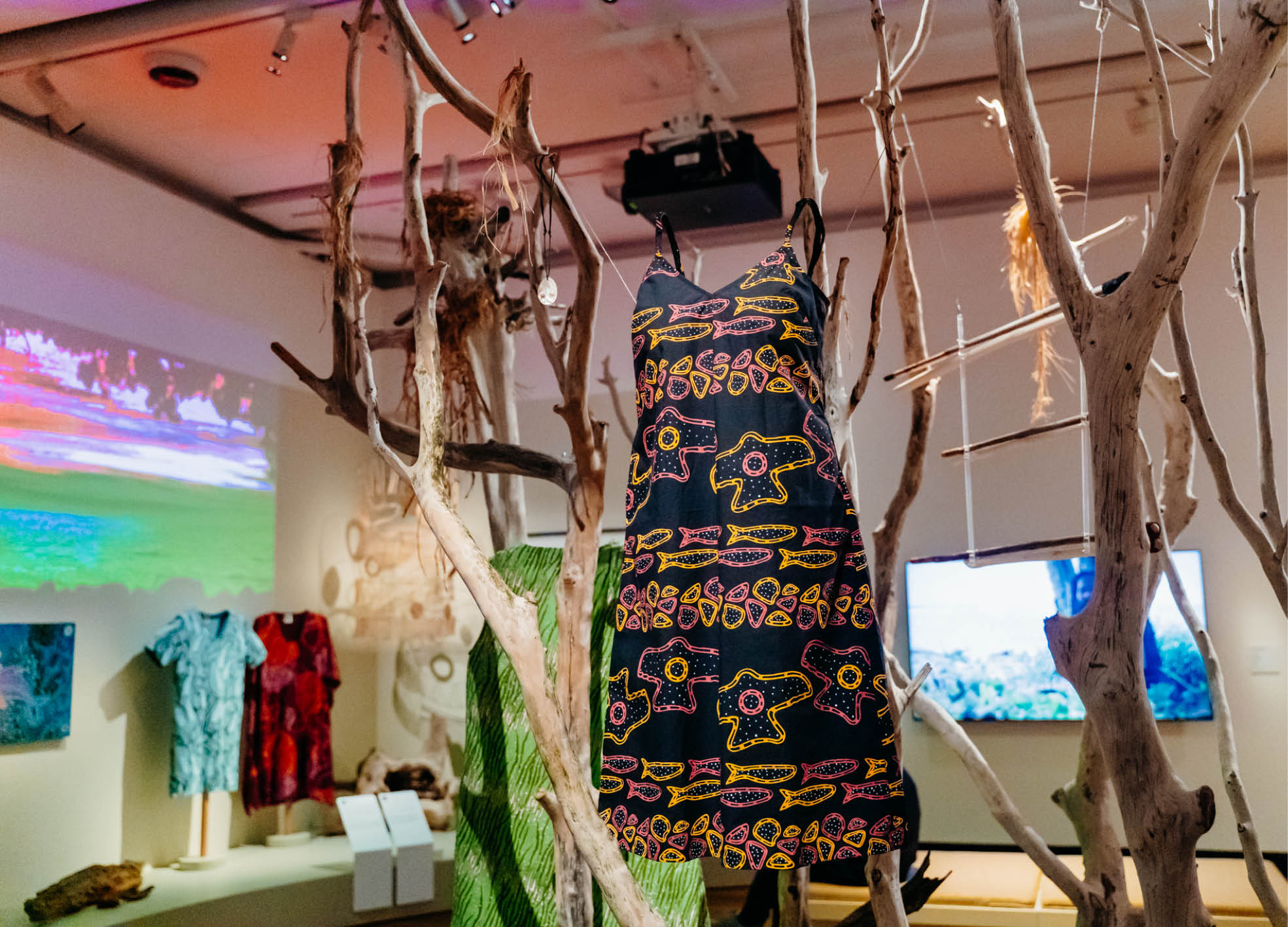Ancestress Teila Watson

- Words by Peppermint
Taking place in Sydney’s Opera House last Saturday, The Australia Council’s 10th National Indigenous Arts Awards honoured the work of Aboriginal and Torres Strait Islander artists. For Queensland-born singer-songwriter Ancestress Teila Watson, the evening saw her receive The Dreaming Award – a prize that bestows mentorship and $20,000 upon an 18-26-year-old Indigenous artist, in order to help them create a major body of work. Teila’s expansive output covers themes from climate change to land rights, and we caught up with her to find out all about her music, her background and what the win means to her.
Tell us a little about your upbringing and how’s it reflected in your work?
Like a lot of Murris and other First Nations people, I have a very big, very politically engaged and creative family. Even living in a city, Mum and Dad [Dr Ross Watson, political activist and founder of Black Nations newspaper] made sure we spent a lot of time outside and in bushland, where my Dad used to teach us about country. We always had a fire in the backyard, and we would sit around it and listen to the old fullas tell stories about our granny’s country on the Dawson River. We would often visit up there too, which was really important – my biggest influences would be my elders and my country. Land and politics are the main themes in my work, and I owe that to my old people and the way Mum and Dad raised us.
What does it mean to you to win The Dreaming Award?
It means just that – an opportunity to fulfil my dream. I’ve really been working on this album my whole life, in terms of building my knowledge and skills. So having the opportunity to put it together and bring it to life is really exciting. It’s going to allow me to add to a really important world conversation about sovereignty and land rights. Global warming and climate change are such big issues and so I’m hoping I can show that First Nations people have a lot more knowledge and power than we’re given merit for.
Why is it important for you to cover issues like climate change, the current situation of First Nations people and forms of social governance in your music?
Mainly because we live in a country that’s essentially under occupation, under an imposed colonial form of governance, and a government that supports the industries that are killing our planet. Again, I’ve grown up with really strong elders, and they made sure I grew up in a Murri way. From a Murri perspective, it’s just the right thing to do. To ignore these issues I think would be not only irresponsible – I also don’t know if I could do justice to my upbringing, and the knowledge I’ve had handed down to me, if I didn’t use this platform to share what I’ve been given by my family and the wider First Nations community. I feel that I have an obligation to my family, my people and my country, and I’m really lucky I’ve found ways to use my passion for music to help fulfil that.
Tell us about your musical style?
I think my music is similar to a lot of First Nations artists – especially artists like my niece, Kaiyu Bayles, and my good friends MC Triks, Lorna Munro, Provocalz and others whose lyrics are politically on point. A lot of the older First Nations artists have the same themes – my difference is that I’m sort of in between acoustic, hip-hop and RnB, and lately leaning towards pop. I’m very committed to my focus on land and I try not to swing too far from that. In a broader sense that’s not something you usually hear on mainstream radio – which is something I want to challenge.
PHOTO: AILSA WALSH
JOIN OUR MAILING LIST
Brighten up your inbox with our not-too-frequent emails featuring Peppermint-related news, events, competitions and more!
explore
More articles
It’s beginning to look a lot like Christmas…. Which means we are officially entering party season. Work parties, friend-dos, family get-togethers and then we’re straight into New Year festivities. If you’re lucky enough, you might be staring down the barrel…
Look, I don’t want to make anyone panic but IT’S DECEMBER!!! If you’re planning to give homemade gifts, you’re going to have to act fast. …
Furred, feathered, fishy, scaled… The pets we choose are as diverse as our personalities. (And apparently, quite often we resemble each other.) But they all…
When you hang a painting on a wall, the story stays put. But when you wear a beautifully made garment that may as well be…
Hang out with us on Instagram
Any New Year’s resolutions on your list? We love this from @OtterBeeStitching - “be brave enough to suck at something new”.
There’s no points for perfection, but you’ll get a trophy for trying. If nothing else this year, take the leap and try something new.
#OtterBeeStitching #Embroidery #BeBrave #TrySomethingNew #EmbroideryArt

Sunday serving suggestion ☀️
Gorgeous photos from @JolieFemmeStore - who make sweet garments from vintage bedsheets.
#PeppermintMagazine #SlowSunday #SwitchOff #Unplug #ReadAMagazine

A toast to the old you 🥂
We wholeheartedly love this post from the brilliant @EmilyOnLife:
“2026: Reinvent, burn it down, let it go (whatever it is). Year of the Snake it up. Exercise your boundaries, exercise your body, take one teeny step every day towards a life that feels better to be in.
But don’t you dare shit on your old self while you do it.
Hold yourself with reverence and tenderness and respect, because you got you this far. You did your very best with the information and tools you had at the time. You scraped yourself together, you made it work, you survived what felt impossible to survive: again and again and again.
You are perpetually in the process of becoming, whether you can feel it or not, whether or not you add it to your 2026 to-do list.“

Some very wise words from @Damon.Gameau to take us into 2026 🙌🏼

⭐️ We made it!!! ⭐️
Happy New Year, friends. To those who smashed their goals and achieved their dreams, and to those who are crawling over the finish line hoping to never speak of this year again (and everyone else in between): we made it. However you got here is enough. Be proud.
It’s been a tough year for many of us in small business, so here’s to a better year in 2026. We’re forever grateful for all your support and are jumping for joy to still be here bringing you creativity, kindness and community.
We’re also excited to be leaping into the NY with our special release sewing pattern – the Waratah Wrap Dress!
How great are our fabulous models: @Melt.Stitches, @KatieMakesADress and @Tricky.Pockets - and also our incredible Sewing Manager @Laura_The_Maker! 🙌🏼
Ok 2026: let’s do this. 💪🏼
#PeppermintWaratahWrapDress #PeppermintPatterns #SewingPattern #MeMade #WrapDress #WrapDressPattern

Putting together our annual Stitch Up brings on all the feels! We feel humbled that you’ve chosen to sew Peppermint patterns, we feel inspired by the versions you’ve created and we feel proud of you.
Where to begin?! As always, there has been a plethora of Peppermint patterns flooding our feeds this year, and we wish we could showcase more than just a handful of magnificent makes from you, our clever community. We encourage you to flip through the me-made items in your wardrobe or scroll through your grid and remind yourself of the beauty you’ve created with your own two hands (and maybe a seam ripper and some choice words). Congratulations to all of us for our creative achievements this year!
We’ve put together some (but absolutely not all) of our favourites from 2025 over on our website. We hope it inspires your next make!
🪡 Link in bio 🪡
Pictured: @FrocksAndFrouFrou @MazzlesMakes @KatieMakesADress @_Marueli_ @IUsedToBeACurtain @Nanalevine.Couture @PiperInFullColour @MadeByMeJessieB @SarahMalkawi @Made.By.Little.Mama
#PeppermintPatterns #SewingPatterns #MeMade #MeMadeEveryday

















